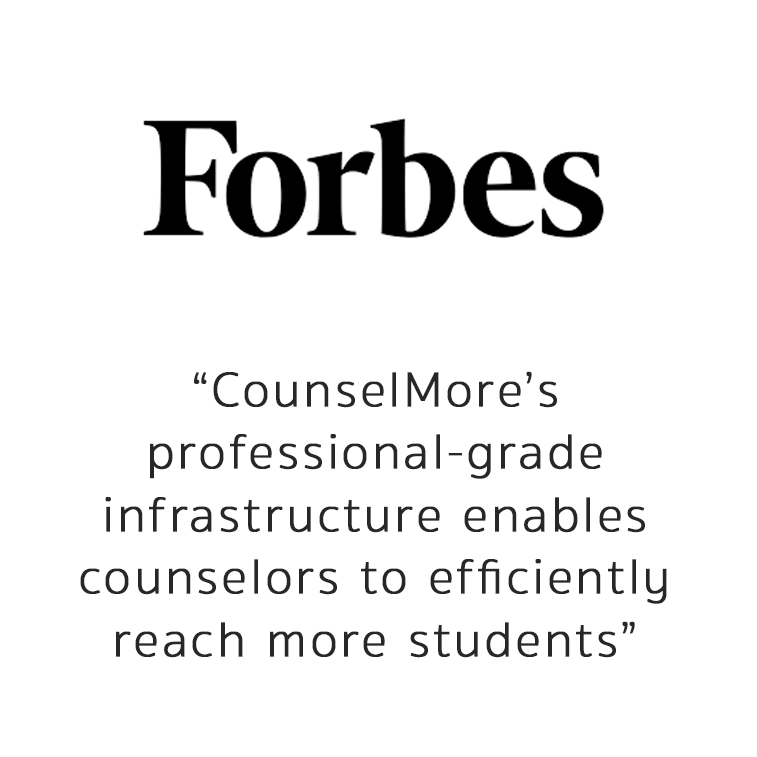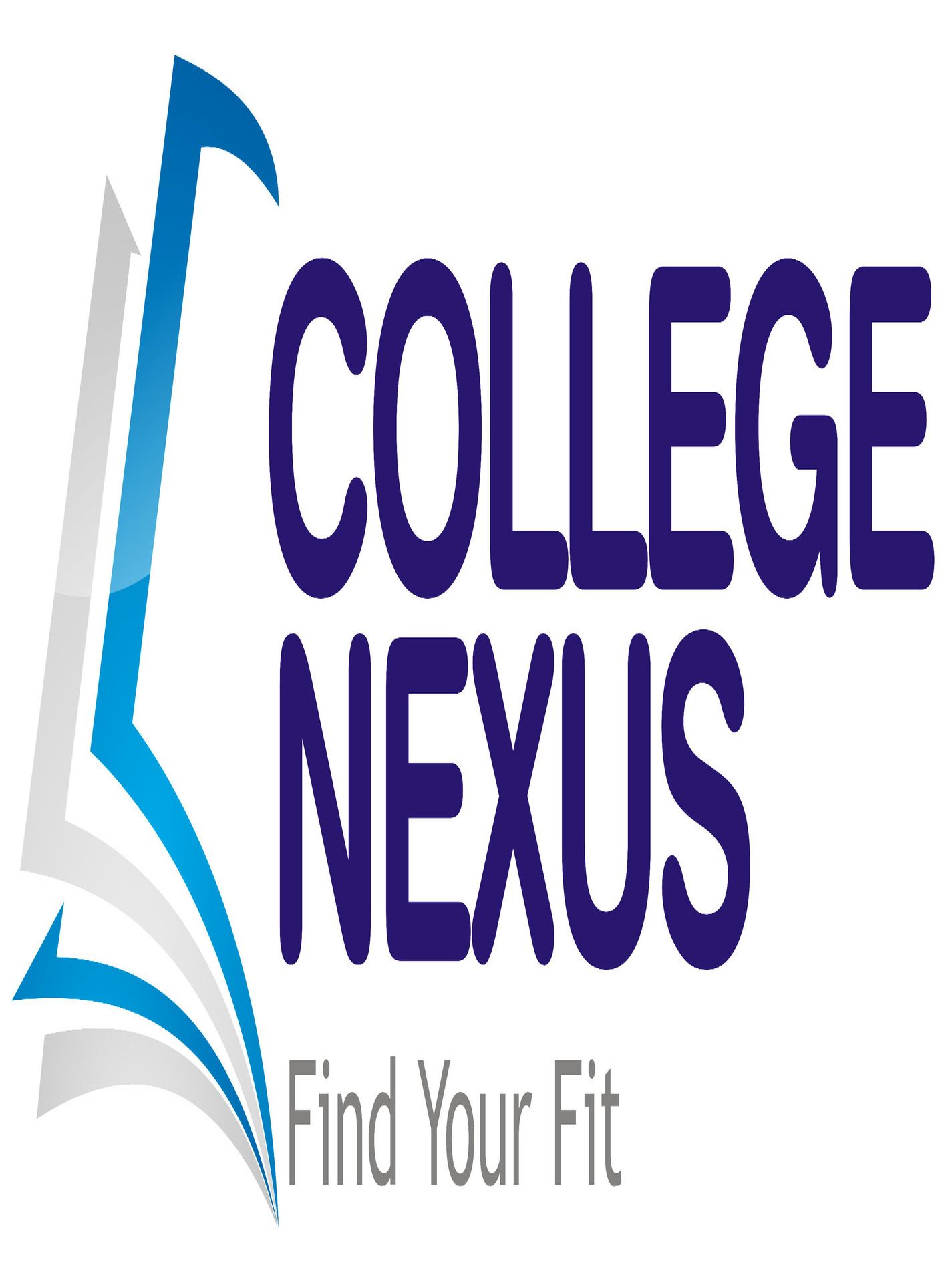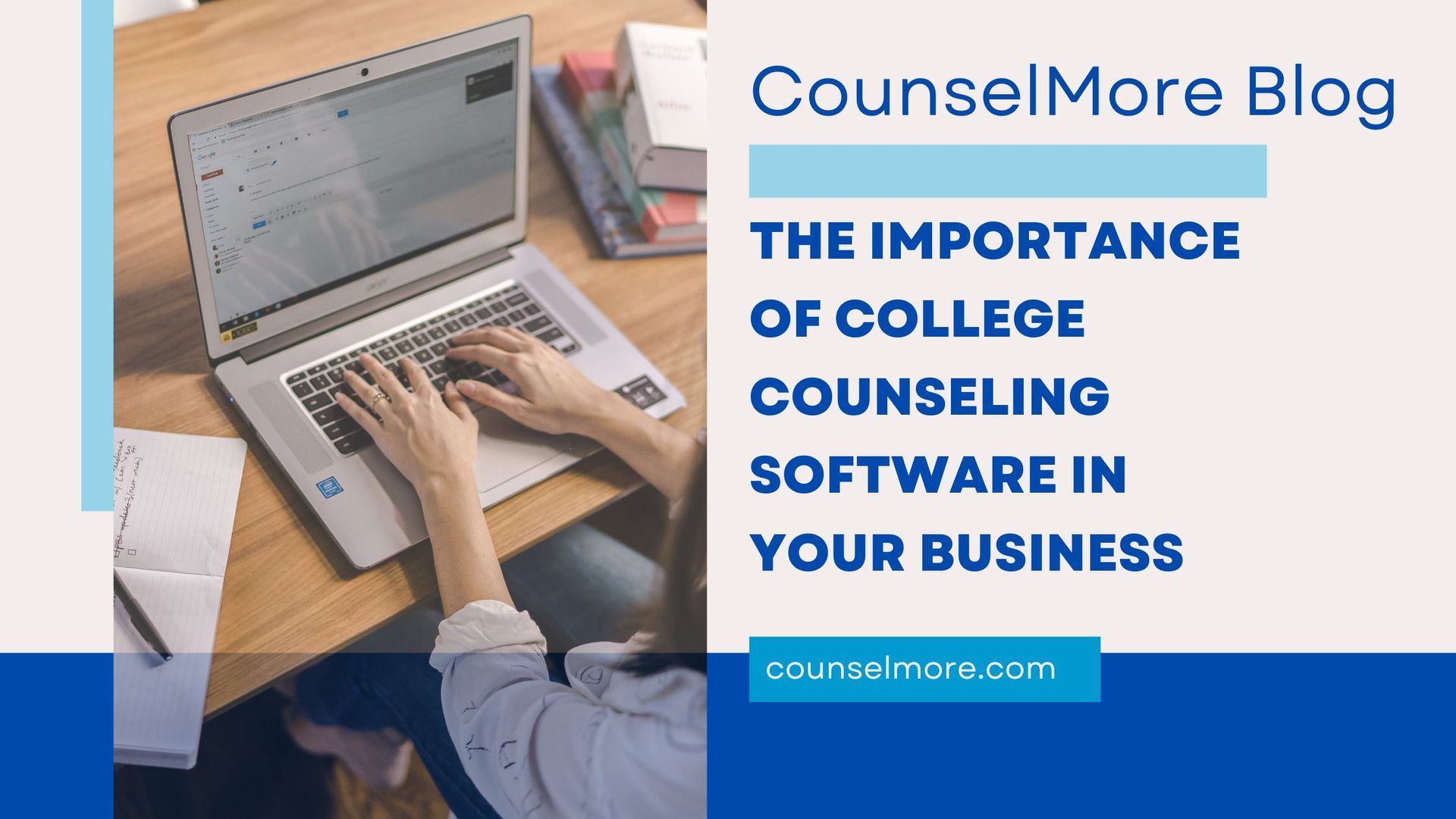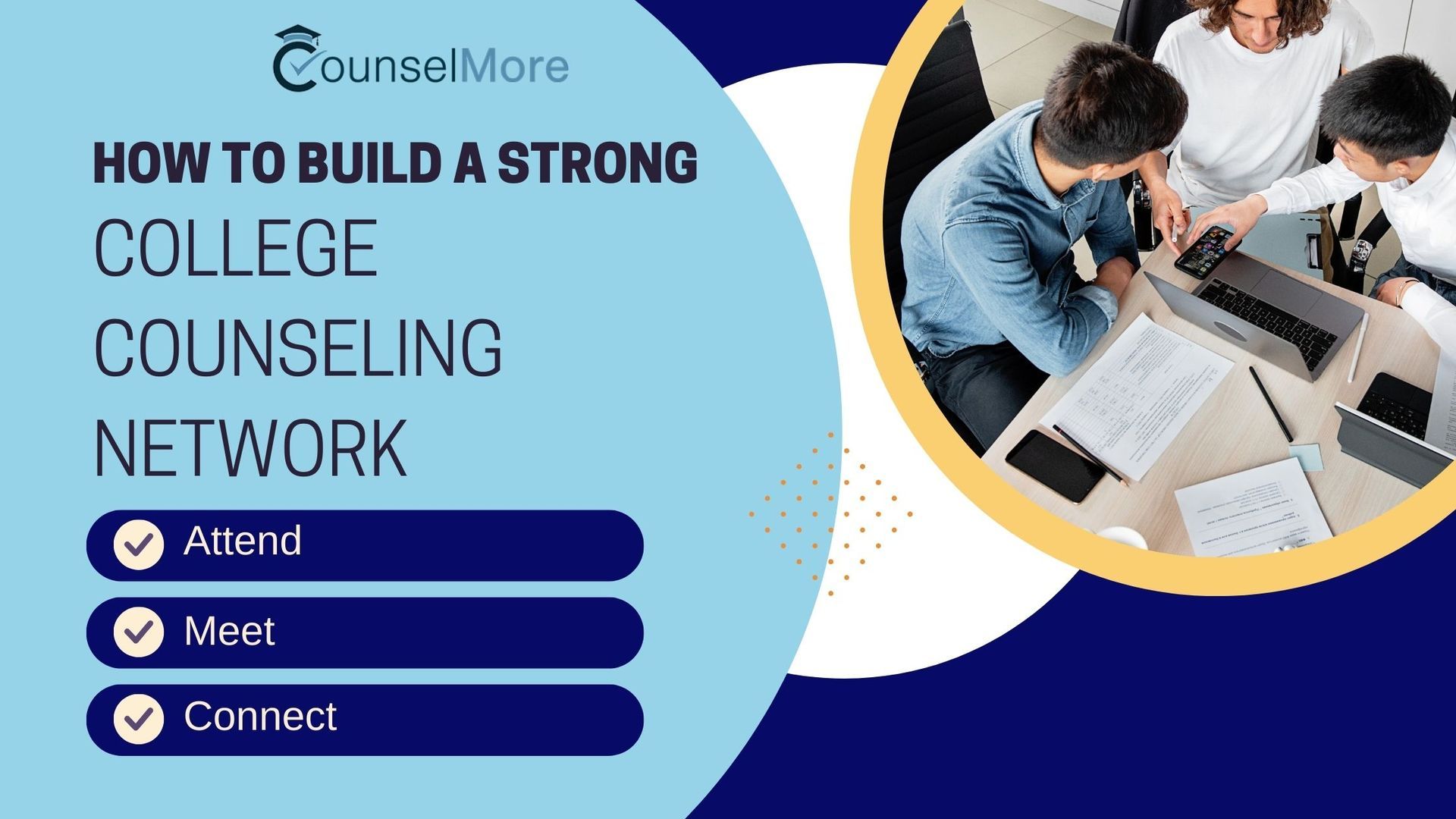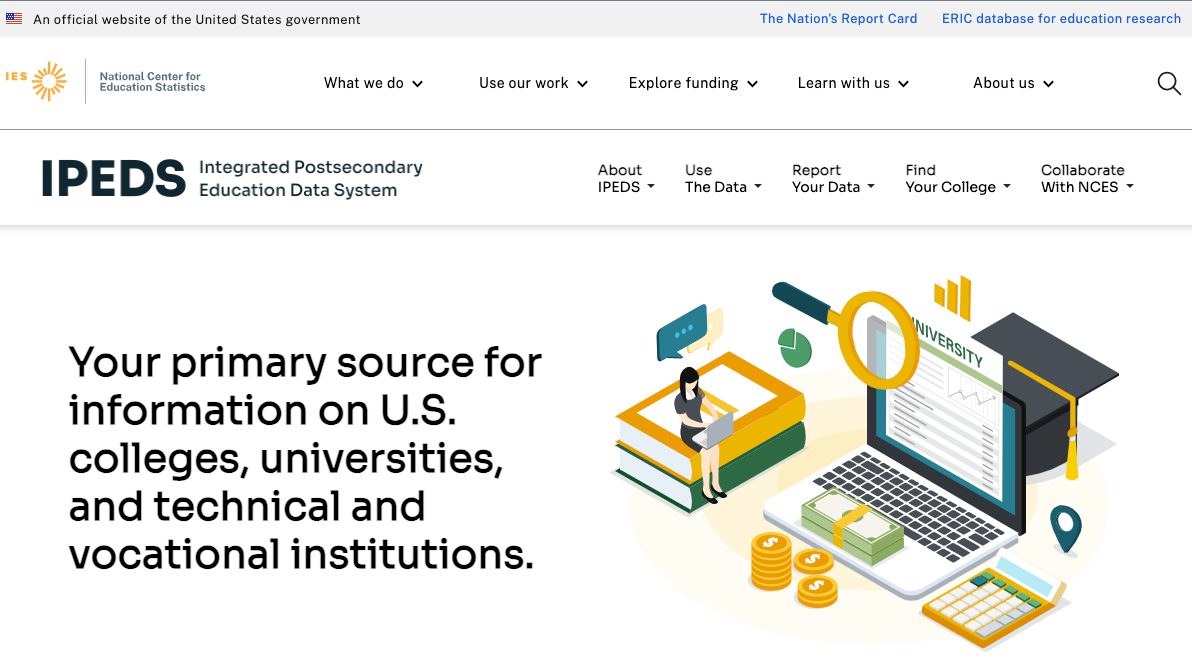FAFSA Opens October 1 — For Real This Time: What College Counselors Should Know for 2026–27

For the first time in three years, the U.S. Department of Education has announced that the FAFSA will officially open on October 1—on time—for the 2026–27 academic year.
This return to an on-schedule launch is long-awaited. And while the official opening is October 1, the Department has shared that a limited rollout will begin in August, including early access for certain school districts and college access organizations. Colleges will begin receiving test Institutional Student Information Records (ISIRs) around the same time to prepare their systems.
For college counselors, this is the moment to mobilize.

Key FAFSA Updates for the 2026–27 Cycle
On-Time Launch, Gradual Rollout
Expect the FAFSA to be accessible for all students and families on October 1, 2025. Leading up to that, schools selected for early rollout will gain limited access beginning in August, with colleges receiving sample ISIRs to test their intake pipelines.
Big Win: No More FSA ID Required for Parents Invited as Contributors
Here’s one of the most helpful updates for families:
- When a student invites a parent to be a contributor (by entering the parent’s name and email), the parent can now complete their section without creating an FSA ID.
- If a parent initiates the FAFSA for the student, they’ll still need to invite the student, who must already have an FSA ID to proceed.
This update reduces friction for first-gen families, tech-resistant parents, and those who previously dropped out of the process at the account-creation step.

How College Counselors Can Prepare Students & Families Now
College counselors have a unique window this summer to help families
prepare, simplify, and stay ahead of the rush. Here's what you can do right now:
1. Use Checklists for Every Grade & Situation
The U.S. Department of Education provides a full set of college preparation checklists—including for:
- Elementary, Middle, and High School (9th–12th grade)
- Adult students
- Grad school applicants
- Last-minute FAFSA filers
These checklists include academic prep, financial planning, and timeline-based action steps for both students and parents. They’re available here:
https://studentaid.gov/resources/prepare-for-college/checklists

2. Create FAFSA-Specific Assignments Inside Your Counseling Platform
If you're using CounselMore, now’s the time to:
- Assign a “Create Your FSA ID” task with a link to: https://studentaid.gov/fsa-id
- Add a parent invitation walkthrough with screenshots or a screen share link
- Schedule automated FAFSA launch reminders for early September
- Use data columns to track FAFSA completion status across your caseload
💡 CounselMore users can also preload these assignments into routines and distribute them automatically to all rising seniors.
3. Offer Focused FAFSA Prep for Different Student Types
For Traditional Students:
- Set expectations: financial aid begins with FAFSA
- Explain the October 1 opening date and how to prepare
- Guide them through what documentation to gather now
For Parents:
- Clarify that they no longer need their own FSA ID when invited
- Reinforce the importance of early document collection
- Invite them to join a webinar or read your custom FAFSA guide
For Adult Learners:
- Skip the high school prep—get straight to FAFSA eligibility
- Use the Adult Student Checklist from studentaid.gov
- Include application support for colleges with flexible timelines
4. Use Tech to Reduce Repetition & Build Trust
Let your software carry the burden of repeated questions. Students and families are going to ask:
- “Do we qualify for aid?”
- “When is the FAFSA due?”
- “What if my parents are divorced?”
You can prepare now by uploading answers into shared documents, pre-filling support articles, or sending them
pre-assigned guidance through the student portal. This isn’t just efficient—it
builds trust and protects your
reputation during peak season.
CounselMore Tip: October Is Coming—Build the System Now
You don’t want to be repeating yourself on FAFSA details 14 times in one week. And you don’t have to.
With CounselMore, you can:
- Preassign every FAFSA task by cohort
- Track who's completed what and send gentle nudges
- Embed documents, checklists, and links directly in the student portal
- Scale your workflow without losing the human touch
Are You a Student, Parent, or Adult Going Back to School?
We’ve got something for you too. These checklists and tools aren’t just for counselors—they’re for every learner and family navigating college costs.
Here’s where to begin:
https://studentaid.gov/resources/prepare-for-college/checklists
Final Word: You Don’t Need to Wait for October
The opening date is fixed, but your preparation doesn’t have to be. Set your systems now. Educate your families now. And breathe easier when FAFSA season hits.
This is the year to run your practice, not have it run you.

